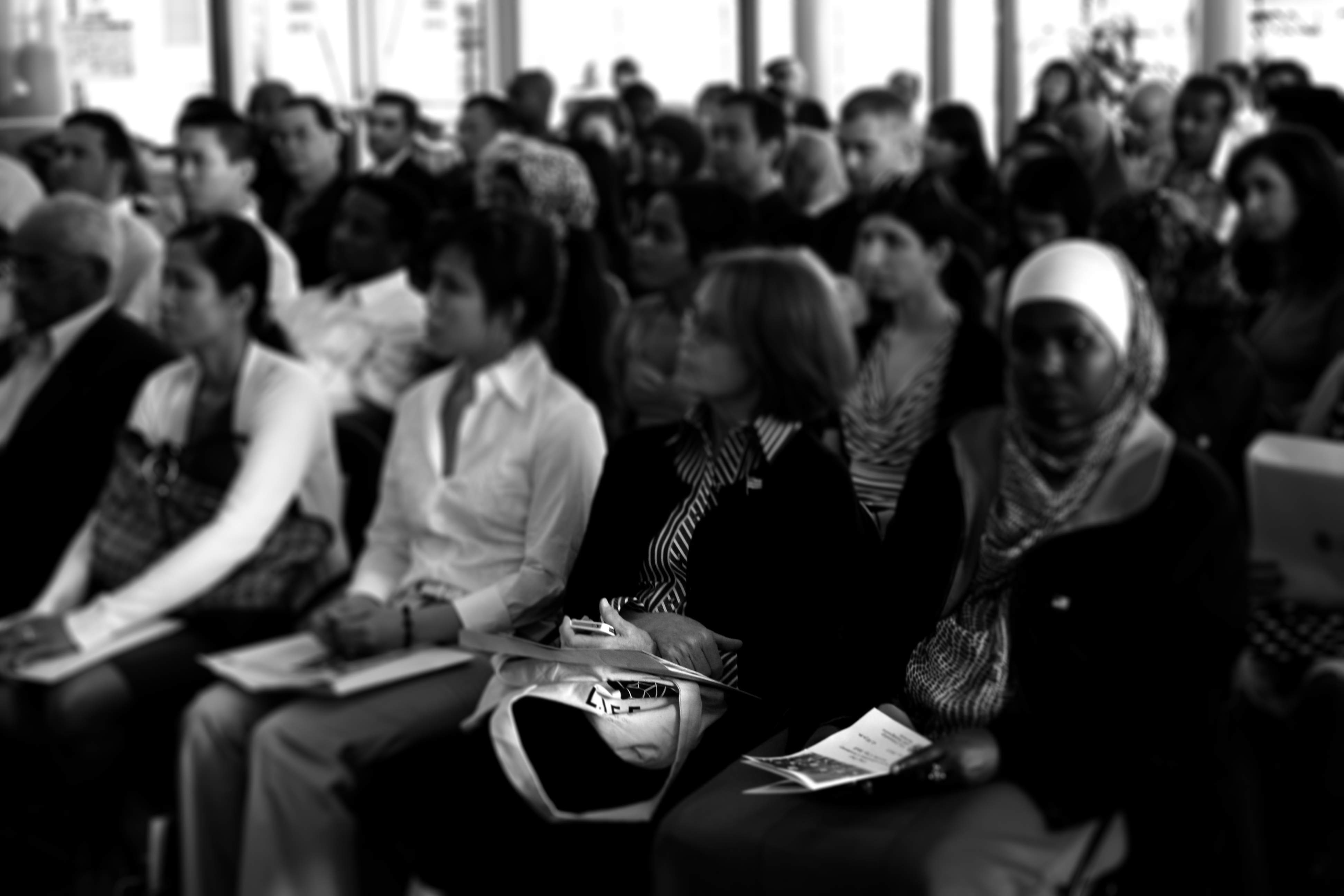

When we act together, there is nothing the United States of America can't achieve. But for too long we've been told a story that is small and selfish, that turns its back on the American dream.
Stories are power. Starting now, we the people will celebrate the true heroes of our time. From Abraham Lincoln to Martin Luther King Jr, from Lilly Ledbetter who fought for equality for women, to the parents of Matthew Shepard who stood up to violent oppression, these heroes are fighting for an America that works for all of us. We will tell this story.
This handbook is our tool.
READY?
SCROLL DOWN
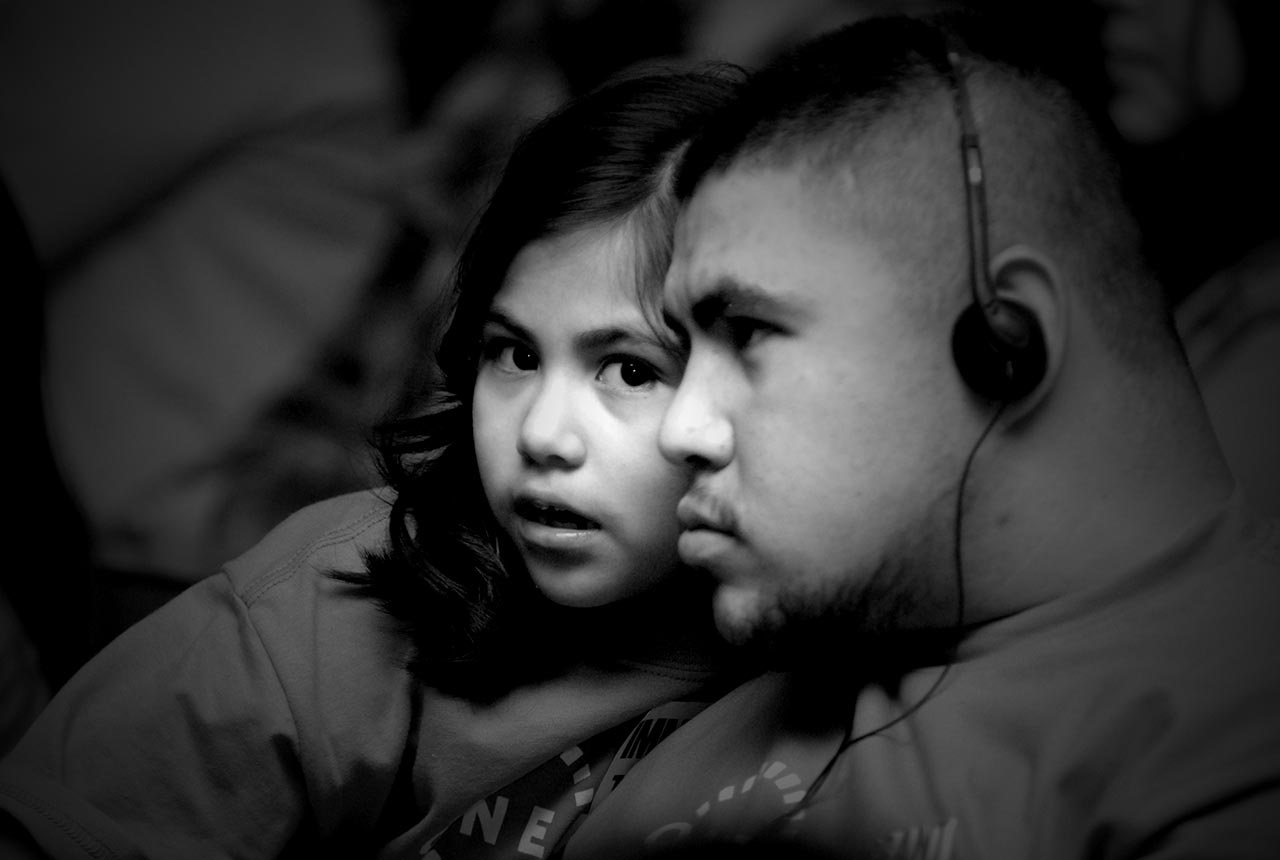
Why Story
Matters
This handbook uses story structure for three reasons.
First, it gives progressive champions a framework to unite our messages and achieve repetition of our values. The importance of repeating a similar and consistent vision across issues cannot be overstated. Most Americans are alarmed by the direction of this country, but most Americans are also overworked, stressed to their limits, and bombarded with competing messages. We must have a clear and consistent narrative that offers repetition of our values across issues in order to break through the chaos. Without it, we will lose the future we're fighting for.
Second, we use story structure because it speaks to how our brains work. Humans evolved to process information in this form. There is no greater story than the history – and future – of our struggle for justice and freedom. But only if we tell it in the way every great story from The Iliad to Star Wars is told: with heroes and villains, a quest that matters, and a threat worth fighting until our last breaths.
Finally, a story can be a roadmap. A good story exposes the real threat before us and tells us how we can achieve things we never thought possible. At the heart of this handbook is the critical struggle that is facing our democracy: the power of money vs. the power of participation. Our story expresses our belief that the power of participation will prevail and create a future that is just, sustainable, and free. Our heroes are those who will fight for that promise, and their tools are the actions we must take to get there. The villains in this story oppose democracy and our basic American values; their weapons threaten all of us.
With the help of thousands of Americans across this country, we have distilled our vision for the future into these elements of story: the values and the quest; the heroes and their tools; the threat, the villains and their weapons. This is a story that we can tell together, and one which can come true.
Use the tools. They work.
START WITH VALUES &
KNOW YOUR AUDIENCE
Most campaigns are crafted with their specific audience in mind. Audience segmentation should be standard communications practice. But it's not enough to know who your target is; you have to know what values are in their hearts and speak to those values with the story elements you choose.
FIND REAL HEROES AND VILLAINS
The heroes and villains listed in this handbook reflect the types of people who are fighting for or against our American quest. But types aren't enough; your campaign needs to tell the story of real people who are taking real action. Find the actual heroes and villains who are at work in the world and make them the heart of your campaign.
USE THESE WORDS
The language in this Handbook has been tested and is almost always listed with strongest performing language first. Each narrative element has been written to ensure that it works right now while also building the power of participation over time. Using these actual words will help advance our values and achieve repetition across issues.
HOW TO BUILD PROGRESSIVE NARRATIVE:
- Tell a consistent and unified story.
- Integrate story into all communications.
- Repeat, repeat, repeat. Repetition is crucial.
- Never use messages for short-term gain that undermine our shared narrative.
Our Heroes' Narrative will continue to grow and expand beyond this handbook. Further support and resources are available online, including:
- Issue-specific messaging and pivots.
- Capacity building trainings and toolkits.
- Coaching services and hands-on support.
- Examples of the narrative in current campaigns.
- An active blog highlighting best practices, new research, and updates.
HEROES' CHECKLIST
- Who is the hero and what are their values? What are they willing to do or risk when their values are threatened?
- What is the hero's quest? Choose a quest outcome that is aligned with your hero's top concerns and values.
- Which threat is standing in the hero's way of achieving the quest? How does it strike close to home? (Careful: the weapon is not the threat.)
- Did you pick a heroes tool? Choose one that shows how your campaign helps the hero stand up for values or make progress on the quest.
- Who is the villain that needs to be held accountable? The villain is the one who is acting on the threat. In order for the threat to end, the villain must be defeated, or changed.
- What is the villain doing? How are they carrying out the threat? That's the weapon and villains must always be paired with a weapon.
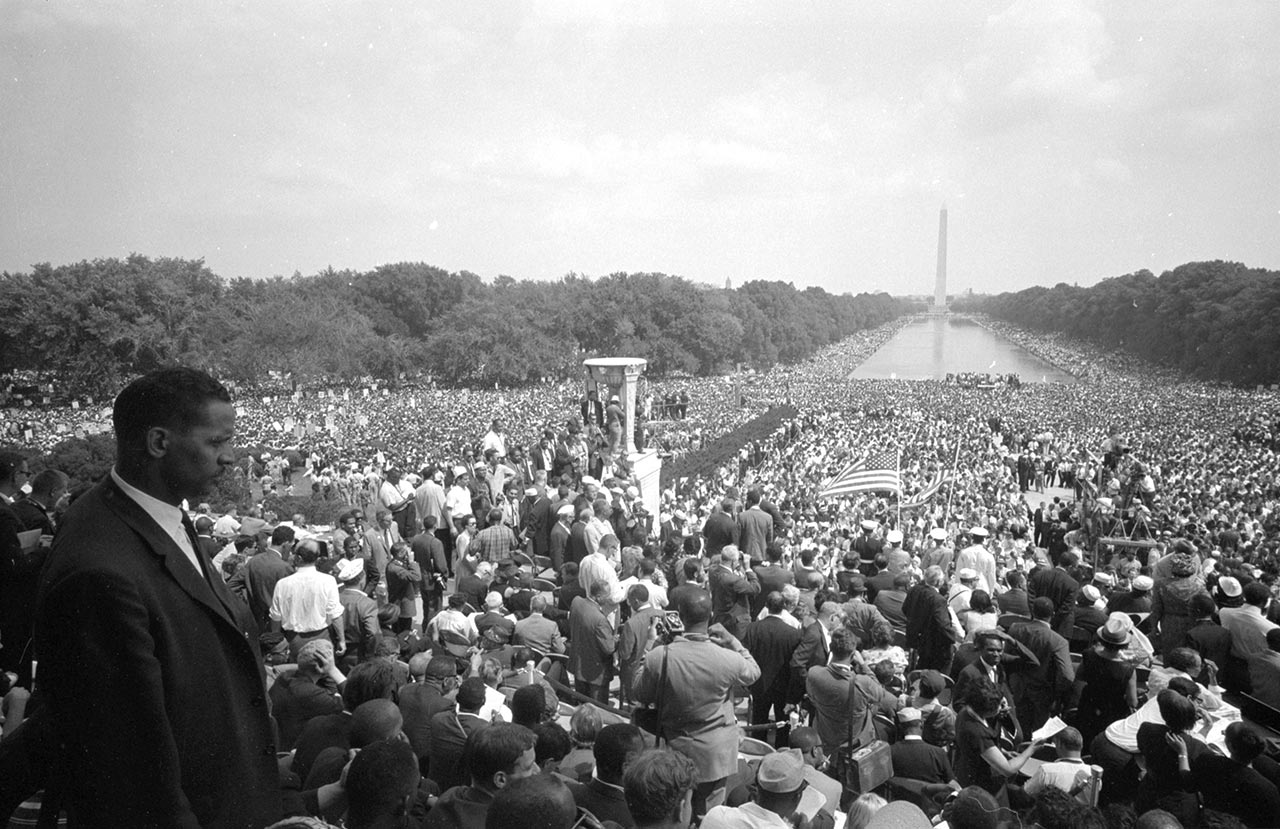
Our values define who we are
They are the fundamental, core traits that
drive our vision for the future. We value...
Justice
for All
- Respect the inherent dignity and equality of every human being, including people of every gender, race, religion, income or sexual orientation
- Never stop working to end racism and oppression
Treating all
People with
Respect
- Make sure everyone is able to live with dignity
- Follow the Golden Rule: treat others as you would like to be treated
Freedom
- To pursue happiness
- From oppression
Honesty &
Integrity
- Play fair
- Stand up for what's right
- Hold cheaters accountable
Working
Together
- Work together so our differences make us strong
- Work together to make things better
- Invest in our communities and families
Opportunity
- Make sure everyone has an equal opportunity to succeed
- Protect and restore the American dream by building ladders of opportunity for all
Real
Democracy
- For the people and by the people
- Every voice is equal
- Democracy represents people, not corporate money
Responsibility
- Leave things better than you found them
- Give back to the community
- Do your fair share

The quest is the frame.
It asks the question: What matters most? We must win the frame
to win our future. This is our quest for America: we are working
together to build an America that works for all of us, with...
STRONG COMMUNITIES
- Families need a strong community to thrive.
- Invest in our communities to keep them strong.
- Every family has a right to clean air and drinking water, good food, health and a safe place to call home.
- Families are the building blocks of America and all kinds of families deserve our support.
AN ECONOMY BUILT FROM THE
MIDDLE CLASS OUT, NOT
"TRICKLE-DOWN"
- Middle class families with money in their pockets are the real job creators.
- A fair economy means the middle class is within reach for anyone.
- No one who works full-time should have to raise a family in poverty.
Do Say:
Middle class out, not "trickle-down."
The whole phrase matters. A strong middle class is the source of a healthy economy, not just a happy by-product. Middle class families with money in their pockets provide businesses with the customers they need and create jobs. That's why investing from the middle class out, not "trickle-down" is the way to a stronger economy and a stronger America.

A Just Society
- Protect every American's right to vote.
- The rich and powerful have to play by the same rules as everyone else.
- Take down the barriers to justice.
- Everyone has the same opportunity to succeed.
- Our votes matter more than big money.
A BETTER WORLD FOR OUR CHILDREN
- America is at a crossroads and we have an obligation to our children to choose the right path.
- In a rising America, honest work is plentiful and communities are strong.
- In a rising America, prosperity is widely shared and opportunity for all lets us go as far as our dreams and efforts will take us.
- Build a sustainable economy so that we can leave our children opportunity and a safe and healthy planet.

The hero is the heart of the story...
...all else revolves around them. Invest time in
finding and developing actual heroes for your story.
Good heroes have two things:
Values
A very strong sense of right and wrong and a willingness to fight for what's right
Strength
They are very good at something
Your campaign should feature real life heroes.
When you tell their story, you must make them come alive by
showing their values and strength. Heroes can be...
- People who work together to make things better
- People who pull together in good times and bad
- People who never stop trying to get back on their feet, even when hard times knock them down
- People who stand up for what's right
- People who work hard and play fair
- Caring parents and working moms
- Responsible businesses / business owners
- Neighbors who look out for each other
- Workers standing together to make their voices heard
- New Americans working for a better life
- Elected officials acting with honesty and integrity
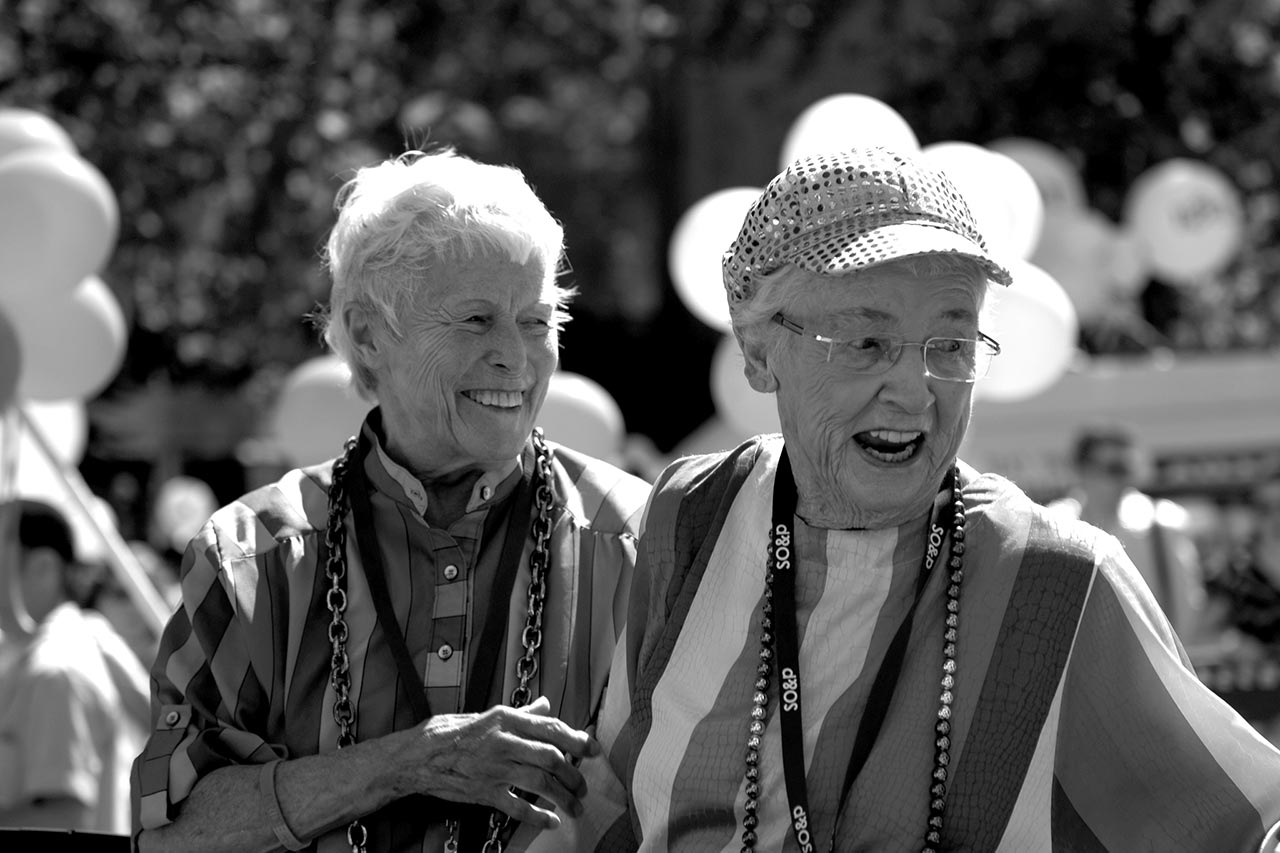
THE GOLDEN RULE
Frame your policy proposal as a heroes' tool. Invoke basic fairness
and respect. Use the Golden Rule.
One of our core American values is treating others as we would like to be treated. A great way to make that value come to life when you talk about any policy proposal is by stating it as an expression of the Golden Rule. Here's how President Obama did it in his 2014 State of the Union Speech:
"Michelle and I want every child to have the same chance this country gave us. But we know our opportunity agenda won’t be complete unless we do more to make sure our economy honors the dignity of work, and hard work pays off for every single American."
This was also one of the important ways that we talked about – and won! – the freedom to marry in Washington state:
"The desire for gay and lesbian couples to get married is about having the same protections and recognition that we do. No one questions the validity of our relationship or what we mean to each other. We want this for same-sex couples too."
Alison Shigaki & Andre Randolph
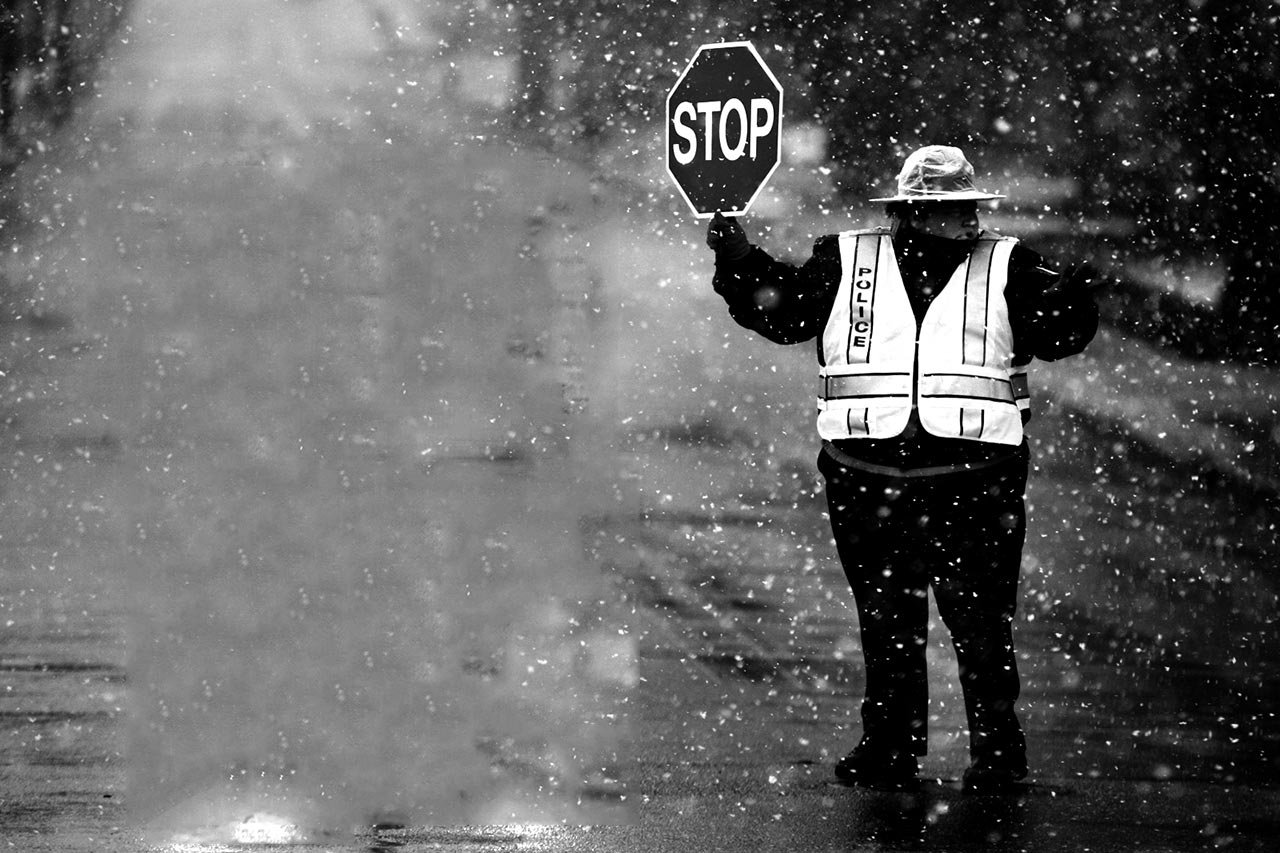
PROGRESSIVE TALKING POINTS
RECLAIMING & REFRAMING GOVERNMENT
Extremists who are starving our communities have systematically – and strategically – loaded the word "government" with negative connotations. Talking about government is one of the greatest challenges for American communicators who believe not only in public policy solutions for our health, safety, security, environment, and economy, but also in government's role in protecting and upholding our core American values and principles – freedom, opportunity, and justice for all.
While polling shows that we should proceed with some caution, there's no better time to begin to reclaim government as an instrument of the people to work together, to make our voices heard, to protect our rights and freedoms, and to invest in strong communities. Unsurprisingly, our polling and focus group research shows some ambivalence about "government" itself, but we see strong and consistent support for the crucial functions of government. Americans have deeply held be- liefs about our democracy: that we are better off when we "work together" and "invest in strong communities." We also strongly support specific functions of government such as public safety, education, veterans' benefits, senior services, and protections for our air and drinking water. It's no coincidence that these are listed as tools under Strong Communities. When we talk about government, we need to name these specific tools early and often, as well as talk about the importance of working together.
In the Heroes' Narrative and in America today, there is perhaps no greater threat than the influence that money has in our democracy. Every cycle, presidential campaigns set new records for spending. The influence of lobbyists is out of control. The Supreme Court has given corporations rights that belong to people and allowed corporate money to be called "free speech." This threat affects every issue we work on and hinders every solution we champion. Our narrative is powerful when we stress the importance of a government, a democracy, and an economy that works for We the People and isn't hijacked by money and influence.
Government is often wrongly cast as the villain by the other side. But, alone, as individuals, we cannot fight big money, powerful corporations, and multi-national special interests. That's why, we should consistently emphasize that it is through government that we are able to work together to protect ourselves from and hold ac- countable the real villains.
Our government is how we work together to:
- Do the things that we cannot do alone.
- Invest in strong communities that support thriving families.
- Solve problems, protect our families, invest in a high quality of life for all, and plan for the future.
- Hold accountable the extremists, destructive industries, out-of-control-capitalists, and cheaters that we can't stand up to alone.
- Free ourselves from injustice, oppression, harassment and violence in our communities.
- Build an economy that works for the middle class, not out-of-control-capitalists who write their own rules.
- Invest in ladders of opportunity for all.
- Expand justice and opportunity for all, including people of every gender, race, religion, income and sexual orientation.
- Protect our clean air and drinking water, our treasured national parks and wilderness, and our one and only planet.
DO SAY:
"Through government we work together to hold (insert your villains) accountable."
"Our representatives" are responsible for advancing our values and our quest. Remind your audience what we elect our leaders to do on our behalf.
Talk about the specific local government in your story (city, county, state). People have much more positive associations with their local leaders.
Say how the hero is using government as a tool for getting things done.
Name the specific ways that a public program is a tool for the real people in your story. We support services more when we can see that they are helping our communities.
"OUR REPRESENTATIVES," NOT "POLITICIANS"
It's easy to villainize "politicians" but it doesn't help us restore our democracy. Our elected representatives have a responsibility to serve the people. Always call them "our representatives." And when they are doing the wrong thing, say so and then compare it to their real responsibility using other story elements.
DON'T SAY:
Don't bash government, even if it polls well. It only polls well because of extremists' systematic efforts to build distrust and cynicism in our democracy. For example: don't say "politics as usual," or "dysfunctional government." Both imply that the problem is inherent and unchangeable. Instead, use the formula in the white box above to describe who government is serving and who it should serve.
Don't start with "government." Instead describe the specific program, solution, and hero of your story. The influence of big money in our government has given many Americans a distaste for politics in general and the word "government" can invoke that. Talk about working together and community investments instead.

The threat is the big danger
posed by the villain.
If Star Wars' Death Star was the villain's weapon, the threat was
domination of the universe by the Empire. The threat is big,
it hits close to home, and it calls the hero to action.
The America we stand for is threatened by:
"YOU’RE ON YOUR OWN" MENTALITY...
- Leaves families to fend for themselves.
- Keeps us from working together to hold cheaters accountable.
- Is an excuse for the selfish few to starve our communities and destroy America.
FAMILIES HAVE NO FINANCIAL
SECURITY, NO MATTER HOW HARD
THEY WORK
- This economy is rigged to create income inequality.
- There is more wealth in America than ever before, but most of us never see it.
- We've gone beyond capitalism; this economy is set up to reward pure greed.
- Working families and the middle class are getting crushed, while the super-rich rig the system to their own selfish benefit.
DESTRUCTION OF OUR ONE AND ONLY PLANET
- Our planet is being sacrificed for short-term profit.
- We leave the danger and cost of environmental destruction to our kids.
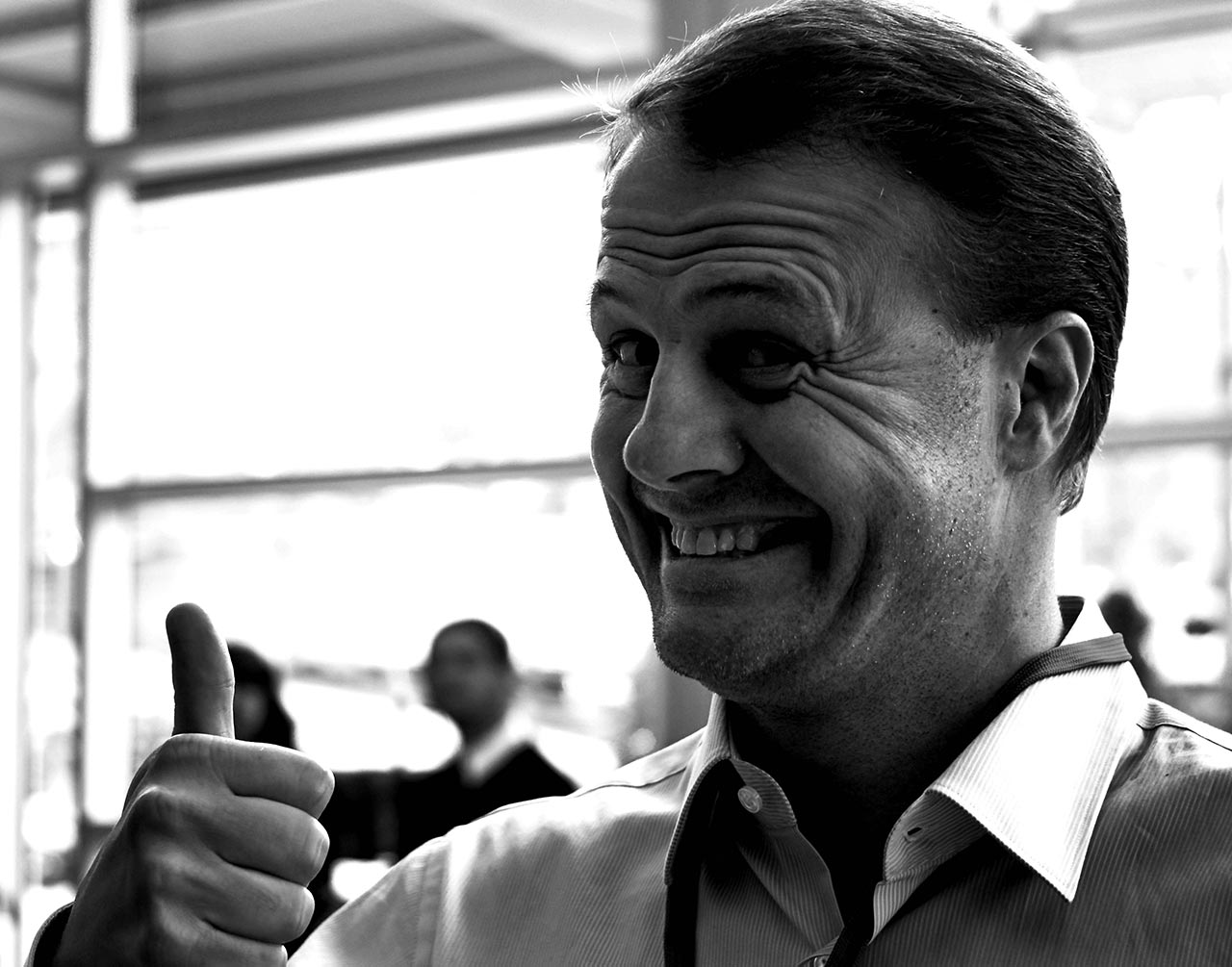
Villains are not accidental bad guys.
They are directly opposed to our values, they are committed to defeating
our heroes and they are who we must hold accountable.
We must be willing to name the villain.
Sometimes, naming the villain is not easy to do. It can require a great deal of courage, but it is essential. If we don't name the villain, the threat is just "the way things are," unchangeable. Also, a story requires a villain to be complete and if we don't name the real villain, our opponents will supply one. Just like with the hero, it is not enough to use one of the villain categories below. We must name the actual bad guys and make them come alive by showing how they are working against the actual hero.
Do Say:
For example: "Extremists like Tim Eyman are starving our communities."
Always pair your villain with a weapon or a threat.

Extremists
Destructive
Industries
Cheaters
Out of Control Capitalists
Big Money
Selfish Few
at the Top
Irresponsible
Corporate
CEOs
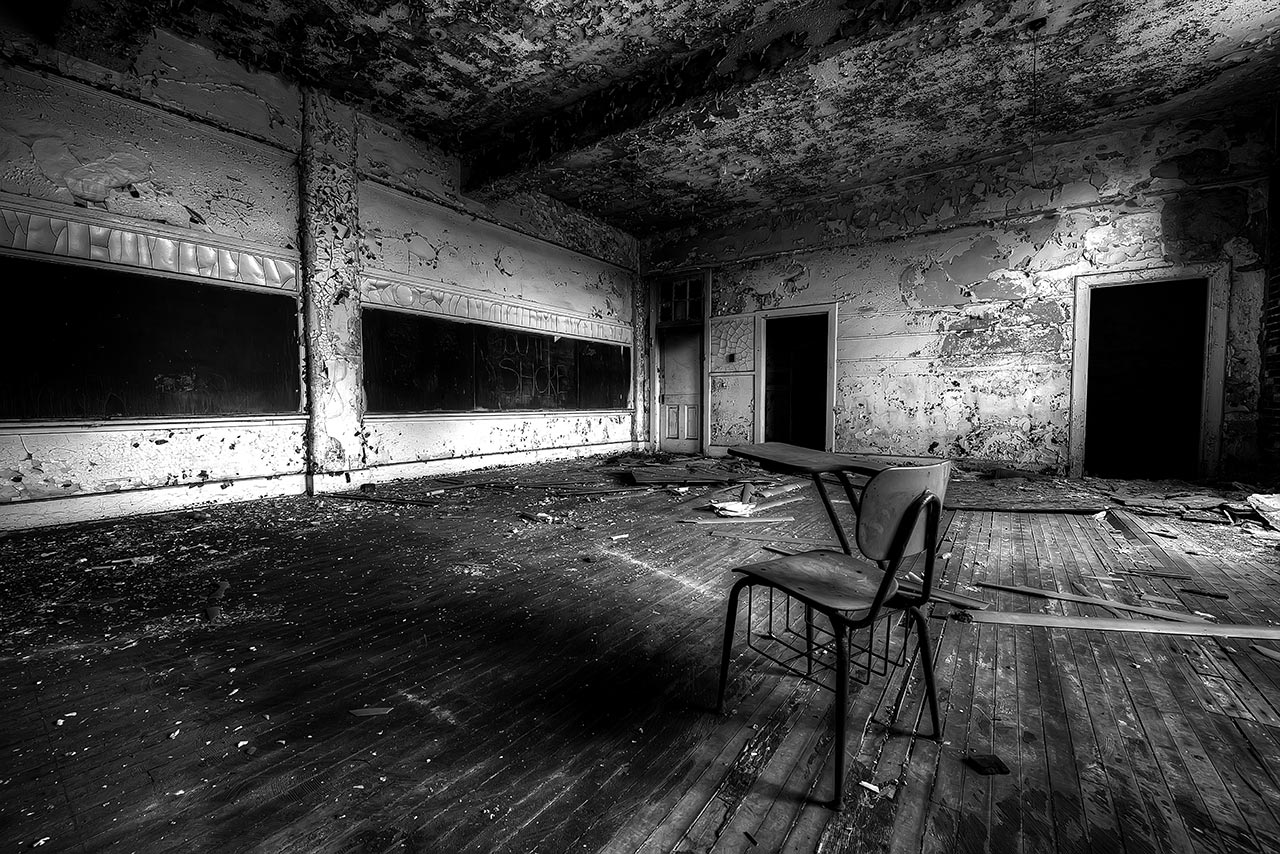
Weapons are the means by which villains
spread injustice and oppression
They are the policies and actions that drive up the power of money, and
drive down the power of participation.
In the same way that Tools are organized under Quest headings, here we organize the
Weapons under the headings of the Villains who use them.
VILLAINS: CHEATERS | OUT-OF-CONTROL CAPITALISTS | THE SELFISH AT THE TOP | IRRESPONSIBLE CORPORATE CEOS | BIG MONEY
- Rig the economy to create income inequality
- Turn jobs that used to pay a living wage into poverty-wage jobs, so that irresponsible corporations can make record profits
- Make working families live paycheck to paycheck, so that irresponsible corporations can make record profits
- Reward Wall Street speculation instead of real work and responsible investment
- Demand sky-high profits, no matter what it costs our communities and our country
- Squeeze workers while handing out huge bonuses to greedy corporate CEOs
- Set up this economy to reward pure greed
- Raid the pensions of working people and seniors
- Hijack our democracy
- Write their own rules
- Refuse to pay their fair share
VILLAIN: EXTREMISTS
- Use hate, fear and racial prejudice to pit us against each other and divide our communities
- Invade our personal lives
- Starve our communities and force families to fend for themselves
- Cut important programs that families rely on
VILLAIN: DESTRUCTIVE INDUSTRIES
- Poison our air and drinking water with dangerous chemicals
- Destroy our one and only atmosphere
- Use money and power to write their own rules
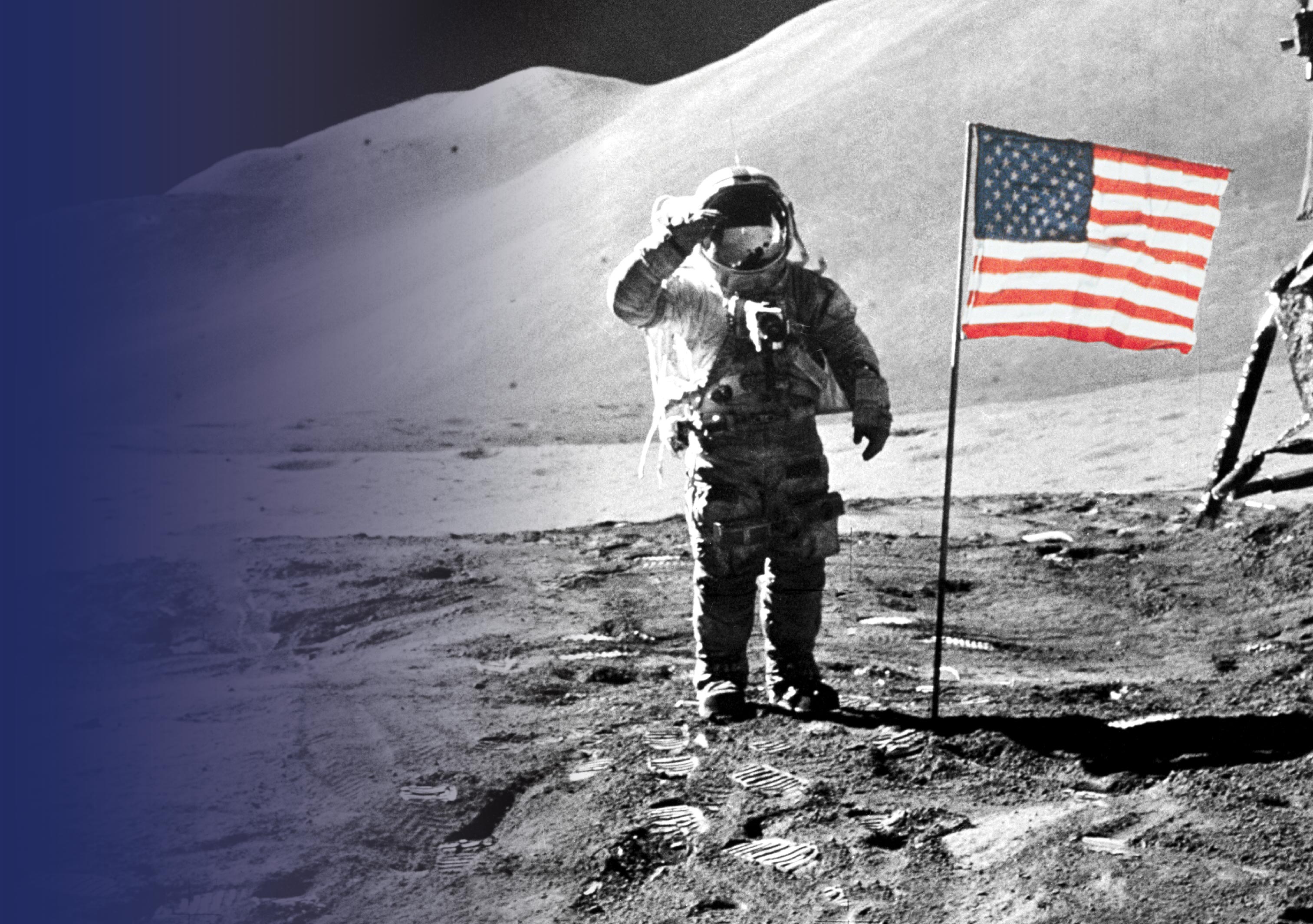
The American Story
Liberty & Justice for all
The American Founders had a bold, revolutionary idea that changed the world: Democracy—government of the people, by the people, and for the people. They committed to the core American ideals of liberty and justice for all. They laid the foundation for what this nation could become: an America that works for all of us.
Ours is a proud history. Not because we got everything right the first time, but because at every turn we have fought for a more perfect union. Every freedom we have, we've earned. For every injustice in America's past, there have been men and women who were willing to stamp out inequality, oppression, and corruption and push our nation to live up to its own ideals.
We believe in freedom and justice for all. We believe in shared responsibility and shared opportunity. We believe in treating others with respect, honesty, and integrity. We believe in these things because we understand that our differences make us stronger. That is the promise of America.
We continue a proud American tradition when we fulfill that promise by investing in strong communities where all families have what they need to thrive and every kid has the opportunity to succeed, by working together to shape an economy built from the middle out, not "trickle-down," and by making a better world for our children.
But we're seeing our ideals and the freedom and justice so many have fought for crumble under the weight of greed and selfishness.
Powerful interests threaten our families, our communities, and our values. Big money has hijacked our democracy. More and more, we see irresponsible corporate CEOs seeking profit no matter what it costs America. Destructive industries write their own rules, sacrificing our health, our planet, and our kids' future for short-term profit. Extremists use hate, fear, and racial prejudice to pit us against each other. Out-of-control capitalists rig our economy so it rewards Wall Street speculation instead of real work. At a time when there's more wealth in America than ever before, most families will never see that prosperity. The selfish few at the top use money and influence to rig our economy so it makes them ever richer and keeps even basic financial security out of reach for everybody else.
Our parents and grandparents built this country together, but now it is being taken apart. The roads and bridges that generations of hard working Americans have built, the schools and universities we created, the rights we've tirelessly fought to gain and expand—all of this opened the doors to decent jobs, a secure retirement, and ladders of opportunity for all our children to succeed. But, more and more, extremists dismantle the public systems, protections, and community investments Americans have built together over generations. Their "you're on your own mentality" is starving communities and destroying the America we've built together.
It doesn't have to be this way. We can work together
to restore the America we believe in. Our choices are clear: Do we want corporate rule or a healthy, robust democracy where every voice is equal? Do we want
to hand our kids a mess where destructive industries have polluted our air, water, and food—or leave things better than we found them? Do we subscribe to the narrow, selfish brand of freedom that says “I got mine! You're on your own.” Or do we want true freedom where money can't buy power and influence; where the people, not corporations, decide our future; where we live with respect and dignity; and where everyone has the opportunity to succeed?
We cannot restore the American dream by acting alone. It is by working together that we can protect our families, invest in our communities, and leave a better world for our children.
Working together we can hold the rich and powerful to the same rules everybody else plays by. Together we can work to end racism and oppression in this country and remove the barriers to voting so that everyone hasthe chance to make their voices heard in our democracy. Together we can make sure our kids, seniors, and veterans are respected and supported, not left to fend for themselves. We can guarantee equal pay for equal work and hold corporations accountable when they don't pay a living wage. Only together can we invest in economic opportunities and environmental safeguards for our children so that the next generation does better than the last.
It is our turn to carry the American Dream forward, to expand freedom and justice for all, and to protect real democracy—by the people and for the people.
We are the ones that we've been waiting for. Today, we are building an America that works for all of us, where prosperity is widely shared and opportunity for all lets everyone go as far as our dreams and effort will take us.
